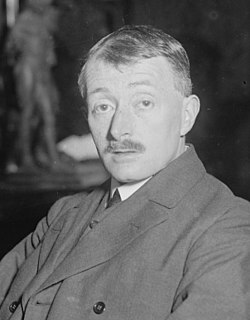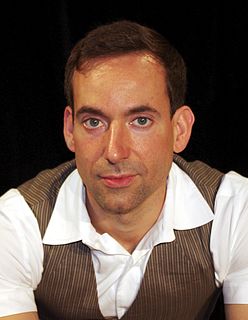A Quote by Martin Jacques
Now, I know it's a widespread assumption in the West that as countries modernize, they also westernize. This is an illusion. It's an assumption that modernity is a product simply of competition, markets and technology. It is not. It is also shaped equally by history and culture. China is not like the West, and it will not become like the West.
Related Quotes
Those in the west who dismiss the repressiveness of laws against women in countries like Iran, no matter how benign their intentions, present a condescending view not just of the religion but also of women living in Muslim majority countries, as if the desire for choice and happiness is the monopoly of women in the west.
The West has never been all of the world that matters. The West has not been the only actor on the stage of modern history even at the peak of the West's power (and this peak has perhaps now already been passed)... It has not been the West that has been hit by the world; it has been the world that has been hit - and hit hard - by the West.
Edward Said talks about Orientalism in very negative terms because it reflects the prejudices of the west towards the exotic east. But I was also having fun thinking of Orientalism as a genre like Cowboys and Indians is a genre – they’re not an accurate representation of the American west, they’re like a fairy tale genre.
































